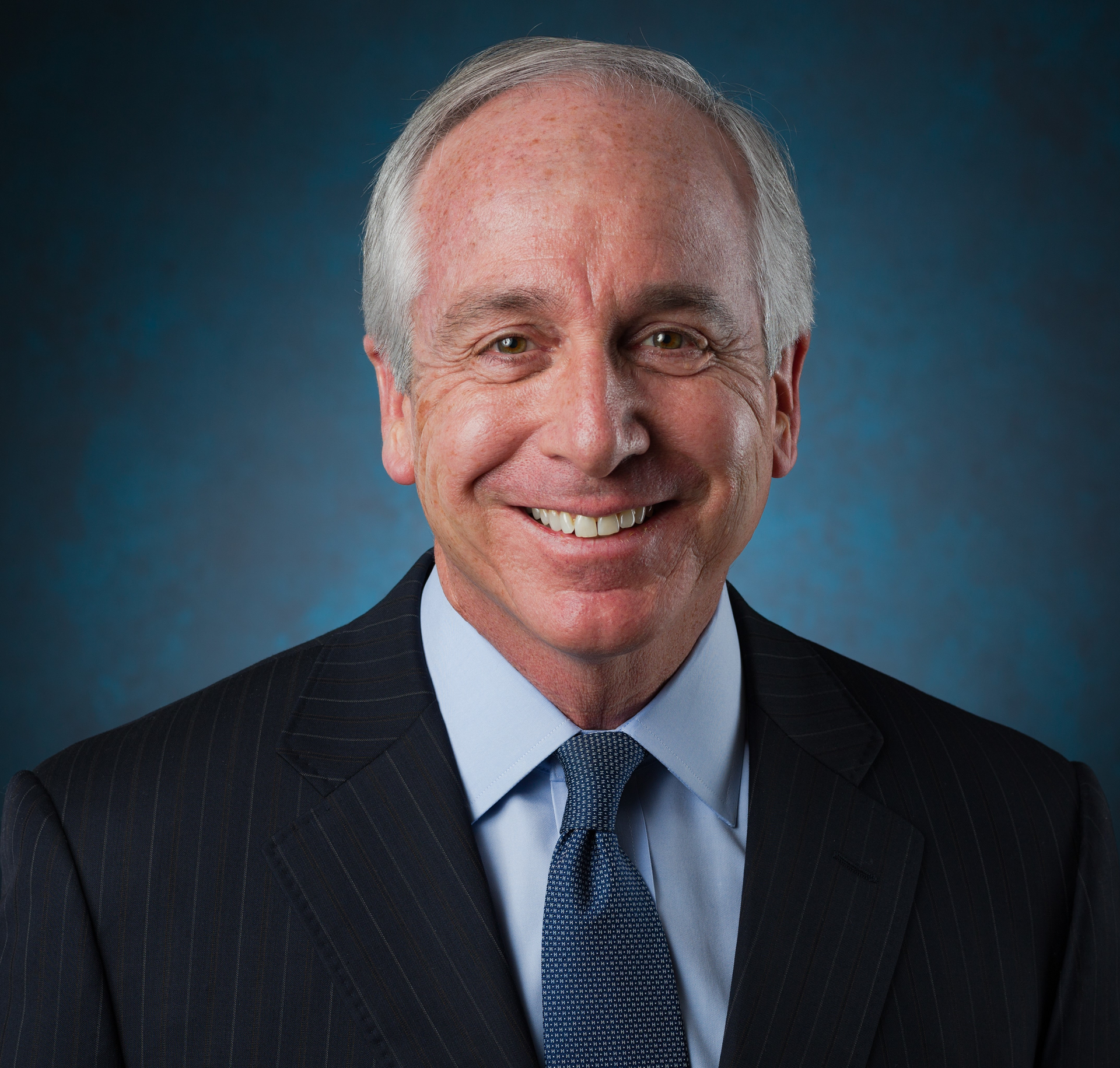It’s said that digital transformation is a journey rather than a destination. But it’s not all a smooth, consistent ride, as the pandemic has proven. It was digital technology that was forced into rescue mode as it helped us adapt quickly to fast-changing circumstances. Today, it has emerged as an even bigger priority for companies.
As the journey continues, innovations keep creating new opportunities and throwing up fresh challenges. Day-to-day life in a CPA practice is no exception. We will always be tackling questions like:
- How can technology help us be more productive?
- What kind of digital services do clients expect?
- Are there any regulatory changes that impact our IT infrastructure?
- Do our people have the right skills to make the most of technology?
- Do our employees have any skills we’re not utilizing?
Firms and accounting departments will answer these questions in different ways. However, the following three trends are expected to impact the industry as a whole, and you’ll need to reckon with them if you want to build a workforce ready for the future.
1. The war for talent
Despite the record number of candidates on the job market, there is an intense battle for people with the skills CPA practices need most. In the corporate world, around 93% of CFOs say they’re struggling to find suitable people for accounting and finance roles. This struggle is likely to continue in the coming years as more firms return to growth mode.
One way to improve your recruitment process is to speed the time-to-hire. If remote hiring has helped you in this respect during the pandemic, think hard about the cost-benefits before returning to the status quo of in-person interviews and onboarding experiences. Whatever your search methods, remember that the better the candidate, the more likely it is they’ll be fielding multiple offers. Top talent has all the leverage in a skills-short market, and your compensation and benefits packages will need to reflect this.
2. Emerging in-demand skills
The line between digital and non-digital skills is increasingly blurred. That’s why accounting employers everywhere are on the hunt for a new type of candidate: someone with accounting and IT skills. This talent is hard to find, though, which is why hiring is so competitive. When recruiting, you’ll need to think about the kind of digital skills that will be essential on your team over the next three to five years.
Causes for optimism
This is a good time to recruit people with up-to-date IT skills. Recent accounting and finance graduates, in particular, grasp the importance of technology, and will emerge from college with an understanding of data analytics and the cloud.
In a war for talent, you’ll need allies. The good news is they can be found. A specialized talent solutions firm can help you identify permanent or contract professionals with today’s in-demand skills.
Reasons for caution
Recruiting a new wave of tech-savvy professionals comes with risks as well as rewards. The IT sector has deep-rooted representation gaps, so hiring people with technology backgrounds could inadvertently set back your diversity, equity and inclusion goals.
The typical accounting team member will have to learn to work with automated tools and may even find themselves partnered with AI (a relationship known as symbiotic computing). It is absolutely critical to supplement your hiring strategies with robust efforts to up- or reskill your existing team on emerging technologies that your firm is adopting — and will adopt. Upskilling not only improves employee performance and productivity, but it also makes team members feel valued and boosts loyalty and retention.
3. A more flexible workforce
The world went through a surprisingly successful transition to remote working, leaving employees cautious — and many reluctant — about returning to the office full-time. Around 49% of workers would opt for a hybrid schedule, ideally with two days in the office and three days at home each week. How should CPA practice managers view these new preferences?
Advantages of a flexible workforce
Flexible working also means greater flexibility for practice managers. You can mix permanent, part-time and contract professionals to build a more effective and efficient team, and you can expand your search for recruits by considering remote workers in other locales.
It has become clear that a flexible workforce is a tech-dependent workforce. Leaders who were previously cautious about cloud-based technology now have the opportunity to integrate it fully across their operations. This is also the time to think about emerging technologies such as robotic process automation (RPA) and artificial intelligence (AI) and determine how such systems can help improve your resource planning. AI-powered processes such as automated data entry and code-free accounting can take over much of the busywork that fills up office life.
Challenges of a flexible workforce
As previously noted, flexible working is entirely dependent on the right technology. That means you’ll need people on your team who can make the most of new platforms and are comfortable working with the latest software.
There’s also a very human issue with flexible working: office culture. Your practice’s culture emerges organically from everyday interactions between team members. As a leader, you have to know how to maintain the positive aspects of your company culture in an age of hybrid schedules and geographically dispersed teams.
Crystal ball gazing is a risky business. But one thing I can say for sure: The accounting workforce of the future will embrace new skills and be comfortable with digital disruption. Preparing your firm for the challenges of tomorrow starts today.
========
Paul McDonald is senior executive director at talent solutions and recruiting firm Robert Half. He writes and speaks frequently on hiring, workplace, leadership and career-management topics. Over the course of more than 35 years in the staffing industry, McDonald has advised thousands of company leaders and job seekers on how to hire and get hired.
Thanks for reading CPA Practice Advisor!
Subscribe Already registered? Log In
Need more information? Read the FAQs
Tags: Artificial Intelligence, Benefits





